At the beginning of 2017 Finance minister Patrick Anthony Chinamasa was voted the best performer.
We also included the new President Emmerson Mnangagwa who was the vice president then, among a short list of top performers in deposed president Robert Mugabe's government.
This had people talking.
Most of the people - including our readers - felt that Chinamasa and Mnangagwa deserved to be rated highly because of the manner in which they had handled the re-engagement assignments with the West and foreign investors.
Of course Mugabe scuppered this and appeared keen on reversing the notable gains by humiliating Chinamasa through policy reversals and later, demoting him to head the Cyber ministry.
On Thursday both Mnangagwa and Chinamasa gave sneak peeks into what life is likely to be for ordinary Zimbabweans and the corporate world if Zanu-PF and the 75-year-old successfully negotiate the 2018 national elections.
Chinamasa on Thursday presented his national budget for 2018 which is consistent with Mnangagwa's inauguration speech as it shows a huge shift from Mugabe's moribund policies blamed for sinking the economy.
In his presentation, Chinamasa made a raft of changes that speak to austerity, pragmatism and keen on wooing international investors.
Chinamasa has proposed to cut Zimbabwe's embassies from 46 to a reasonable figure consistent with the political and economic ties that the country enjoys with those countries.
Crucially, as he valiantly attempted to haul Zimbabwe back from the abyss, the Treasury chief announced retirement of all public servants who would have reached the mandatory 65 years, cut international trips, allowances, number of delegations, reduced vehicles allocated to senior servants and introduced a loan scheme for other civil servants as opposed to buying them vehicles.
For a long time, economic analysts and ordinary people have complained about many useless foreign trips which gobbled millions of dollars without bringing tangible benefits to the economy.
The many foreign trips which were either undertaken by Mugabe or various ministers will now be scrutinised with embassy officials in foreign missions actively representing government.
Chinamasa's budget has certain echoes to his mid-term fiscal policy review statement that he made in September 2016 where he had introduced a number of austerity measures that included retrenching tens of thousands of civil servants and the cutting of salaries of senior government officials.
We all know that Mugabe reversed these and humiliated Chinamasa by announcing that this had all been a cheap publicity stunt.
There, is therefore every reason to feel that Mnangagwa's government is alive to what needs to be done to resuscitate the economy and there are a lot of bright spots in Chinamasa's budget.
Since Mnangagwa took office and went on to announce his Cabinet which drew mixed feelings from the general public, there wasn't a real indicator of what his vision is for the country.
His Cabinet was meant, as I have written elsewhere in this paper, to unite his fractious party ahead of the elections.
The budget was always going to be a real test for Mnangagwa and his policies for Zimbabwe.
In keeping with the demands to make Zimbabwe investor-friendly Chinamasa signalled a radical shift from the Mugabe era by making changes to the controversial Indigenisation Act which kept investors away due to its opaque clauses and loopholes which made it open to abuse.
The law has been relaxed in all other sectors of the economy limiting the 51 percent local shareholding requirement to platinum and diamond industries only.
This is really a major shift.
What remains to be seen however, is the implementation.
There has been a tendency in the past by successive Zanu-PF governments to promise too much but delivering too little in the end.
If Mnangagwa and his government can follow on Chinamasa's budget proposals with implementation, then Zimbabweans can surely dare to believe, again!
What is clear is that Mnangagwa has a plan and is not likely to let anyone spoil it for him, especially those that he has entrusted with making Zimbabwe tick again.
Time, as it has always done, will tell whether Zimbabweans can trust their future in him or can still pursue an alternative as was the plan before the fall of Mugabe.
- dailynews
 Top Zimbabwe business executive arrested for fraud
Top Zimbabwe business executive arrested for fraud  South Africa is in serious trouble
South Africa is in serious trouble  US halts visa services for Zimbabwean nationals
US halts visa services for Zimbabwean nationals  ZSE and VFEX recover after weak 1st half
ZSE and VFEX recover after weak 1st half  Gold edges up as traders await guidance
Gold edges up as traders await guidance  Zimbabwe Agricultural Show 2025 kicks off
Zimbabwe Agricultural Show 2025 kicks off  Young Investment Professional (YIP) Graduate Programme 2019
Young Investment Professional (YIP) Graduate Programme 2019 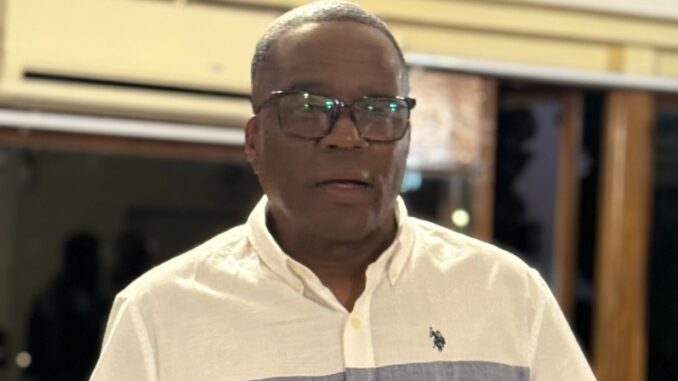
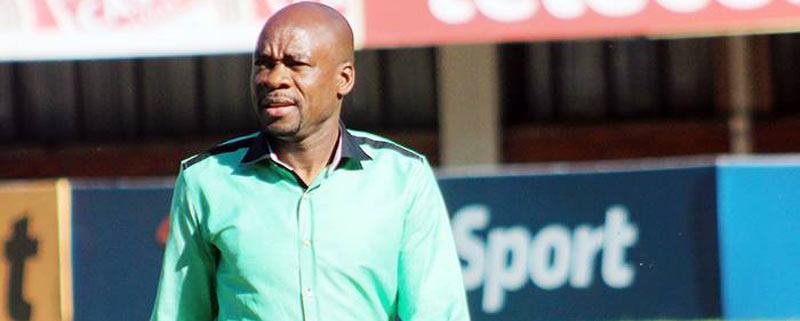
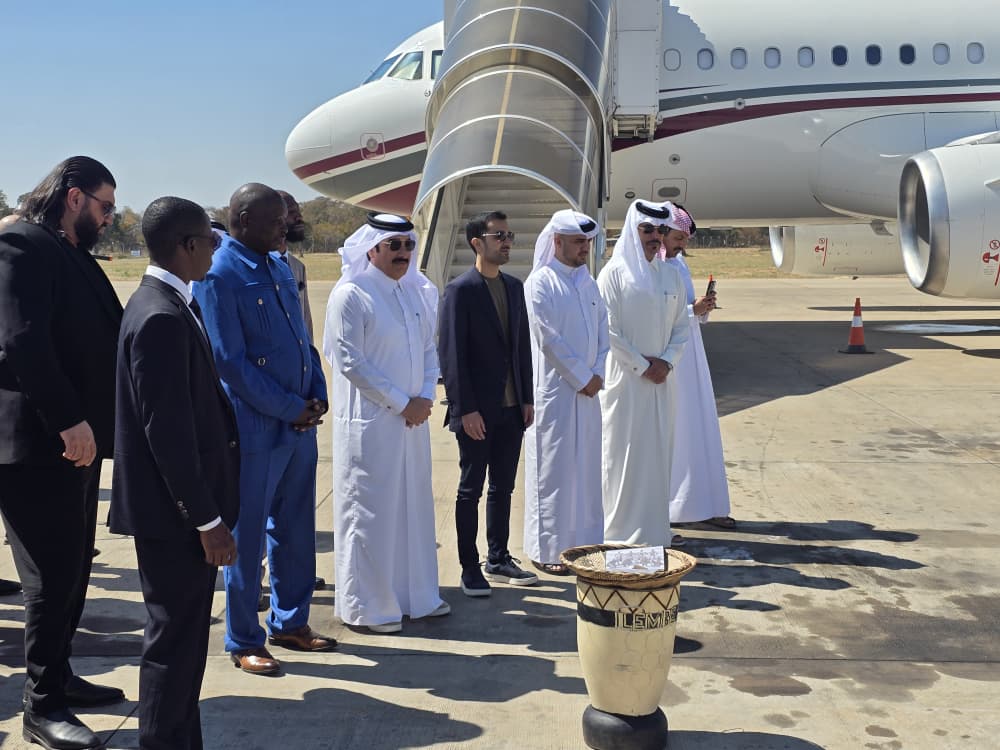
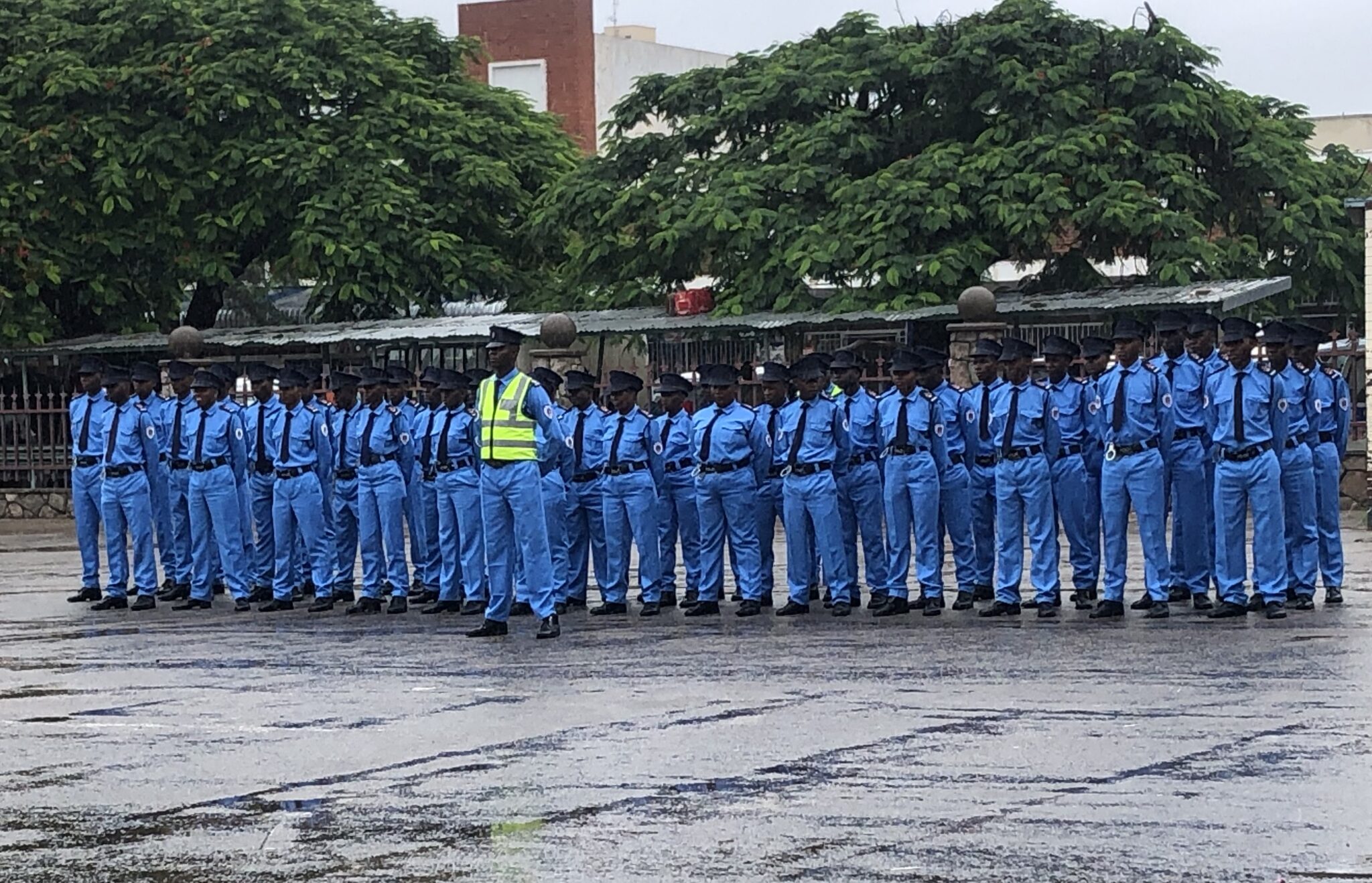


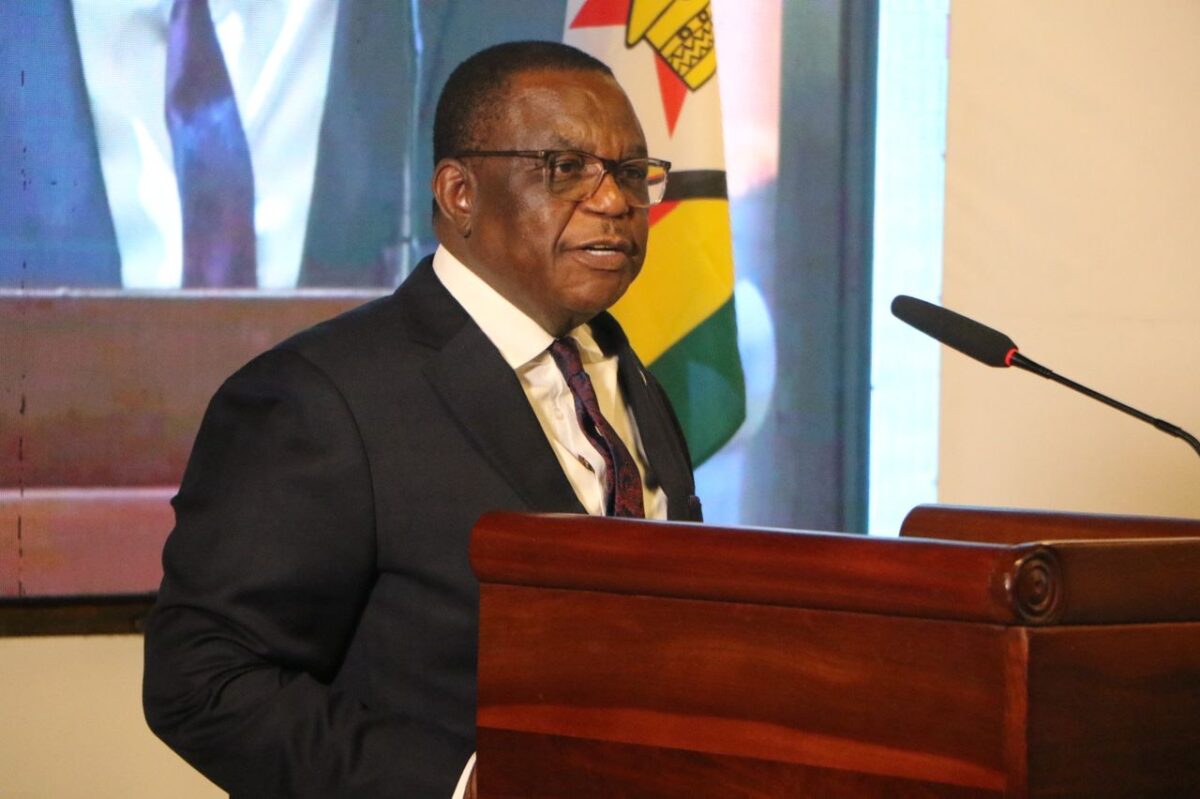

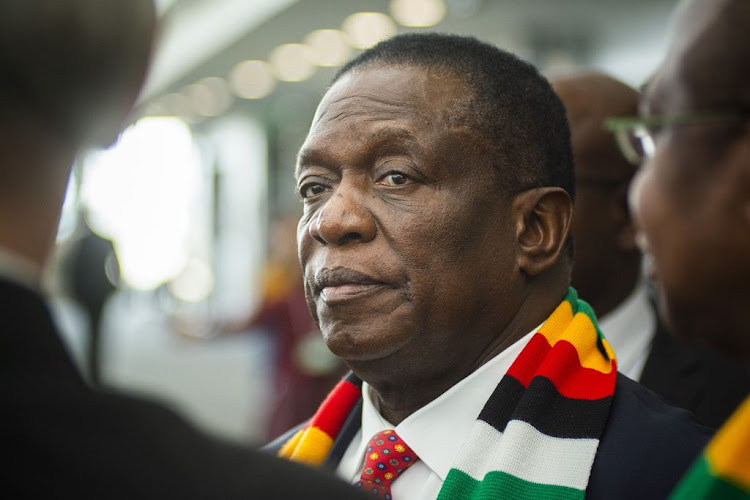

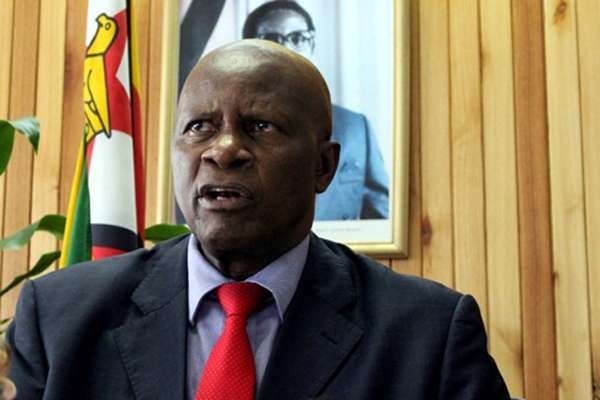
 Young Investment Professional (YIP) Graduate Programme 2019
Young Investment Professional (YIP) Graduate Programme 2019
Editor's Pick